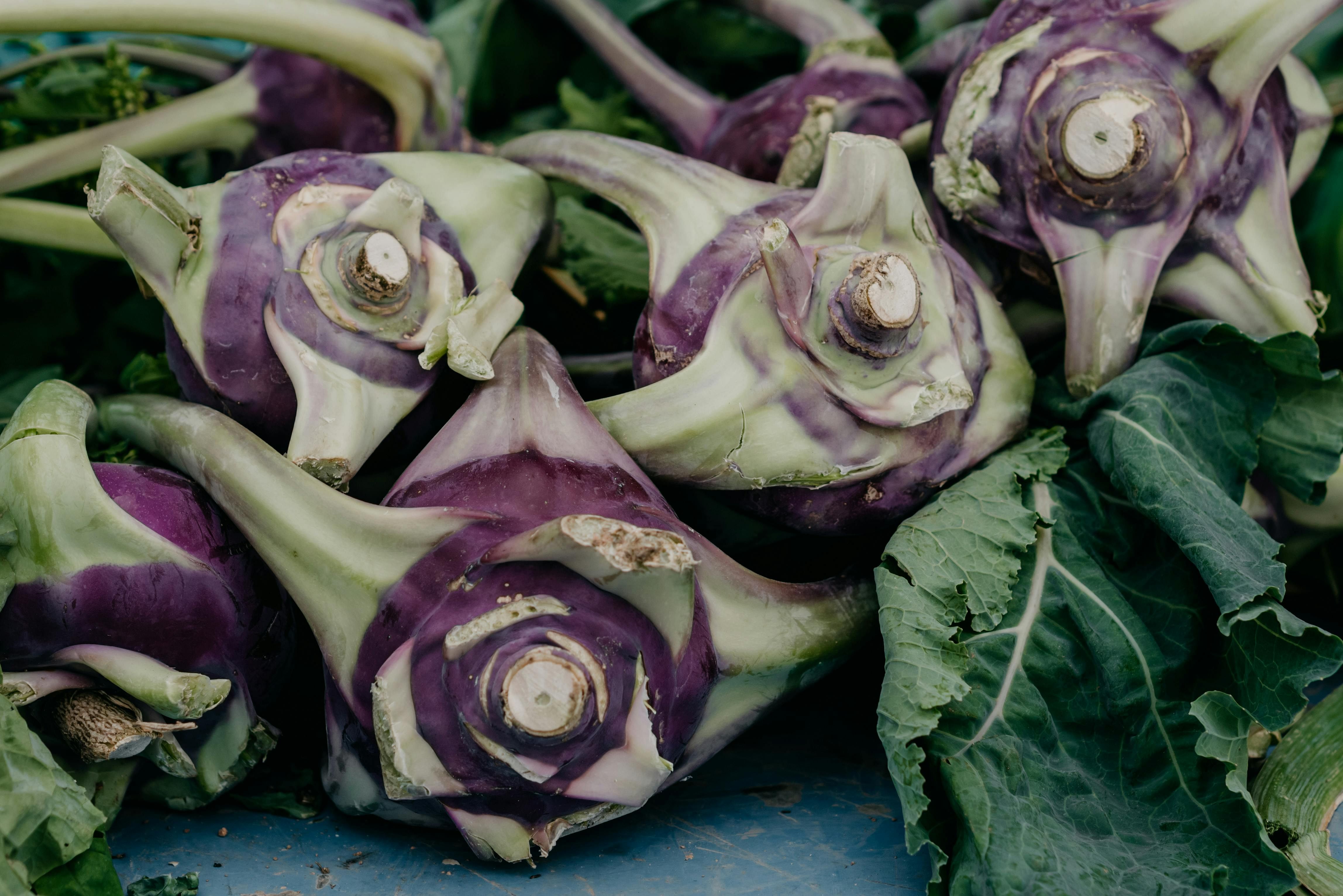
Turnips, with their crisp texture and earthy flavor, are a versatile and nutritious addition to any home garden. Be it a seasoned gardener or one just starting, growing turnips at home can be a rewarding experience for all. In this step-by-step guide, let us know everything to produce delicious turnips right in your backyard or balcony garden.
Step 1: Choosing the Right Variety
Before you start growing turnips, it's essential to choose the right variety suited to your climate and preferences. Common varieties include Purple Top White Globe, Tokyo Cross, and Golden Globe. Consider factors such as your local climate, available space, and desired taste and size of turnips.
Step 2: Selecting the Ideal Location
Turnips thrive in cool weather and require plenty of sunlight to grow successfully. Choose a location in your garden or balcony that receives at least 6-8 hours of sunlight per day. Ensure the soil is well-drained, loose, and rich in organic matter.
Step 3: Preparing the Soil
Prepare the soil by loosening it to a depth of about 12 inches using a garden fork or tiller. Remove any weeds, rocks, or debris that may hinder root growth. Include well-aged compost or organic matter in the soil to improve its texture and fertility.
Step 4: Planting Turnip Seeds
Sow turnip seeds directly into the prepared soil, spacing them about 2-3 inches apart and 1/4 to 1/2 inch deep. Alternatively, you can start seeds indoors in biodegradable pots and transplant them outdoors once they develop a few sets of true leaves. Water the seeds gently but thoroughly after planting to ensure good soil contact.
Step 5: Providing Adequate Water and Nutrients
Keep the soil consistently moist but not waterlogged throughout the growing season. Water the turnips deeply at least once a week, supplementing with more frequent watering during hot, dry periods. Apply a balanced organic fertilizer or compost tea every 3-4 weeks to provide essential nutrients for healthy growth.
Step 6: Thinning Seedlings
Once the turnip seedlings emerge and develop their first true leaves, thin them to ensure proper spacing. Aim for a final spacing of 4-6 inches between plants to allow ample room for root development. Use scissors to snip off excess seedlings at the soil level rather than pulling them out to avoid disturbing the roots of neighboring plants.
Step 7: Mulching and Weed Control
Apply a layer of organic mulch, such as straw or shredded leaves, around the base of the turnip plants to conserve soil moisture, suppress weed growth, and regulate soil temperature. Keep the mulch several inches away from the plant stems to prevent rot and disease. Regularly inspect the garden bed for weeds and remove them promptly to prevent competition for nutrients and water.
Step 8: Monitoring for Pests and Diseases
Keep a close eye on your turnip plants for signs of pests and diseases, such as aphids, flea beetles, and fungal infections. Handpick any pests you encounter and treat infestations with organic insecticidal soap or neem oil. Practice crop rotation and good garden hygiene to minimize the risk of disease outbreaks.
Step 9: Harvesting Turnips
Sow turnips when they reach the desired size, typically 2-3 inches in diameter for tender, young roots. Use a garden fork or trowel to carefully loosen the soil around the base of the plants, then gently lift the turnips out of the ground. Trim off the tops and roots, wash the turnips thoroughly, and store them in the refrigerator for up to several weeks.
Step 10: Enjoying the Fruits of Your Labor
Now that you have successfully grown turnips at home, it is time to enjoy them in your favorite culinary creations. Whether roasted, sautéed, mashed, or pickled, turnips add a delicious and nutritious twist to salads, soups, stews, and side dishes. Experiment with different recipes and savor the fresh, homegrown flavor of your harvest.
By following these instructions, you will be well on your way to cultivating a bountiful harvest of delicious turnips to enjoy throughout the growing season. Happy gardening!















